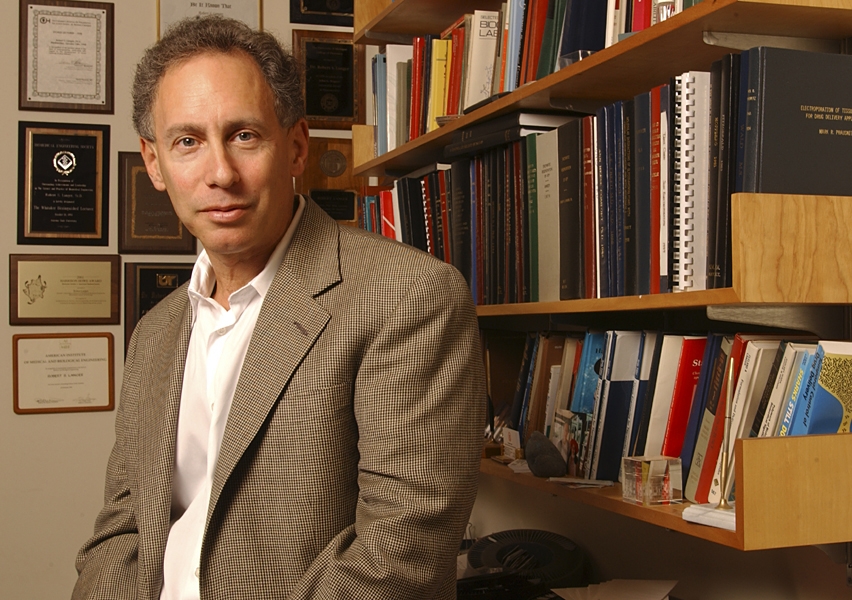Global giant of biomedical engineering visits Australia
Robert S. Langer, a pioneer of drug delivery technologies and tissue engineering dubbed ‘the most cited engineer ever’, is in Australia for the first time to receive an honorary doctorate from UNSW.

